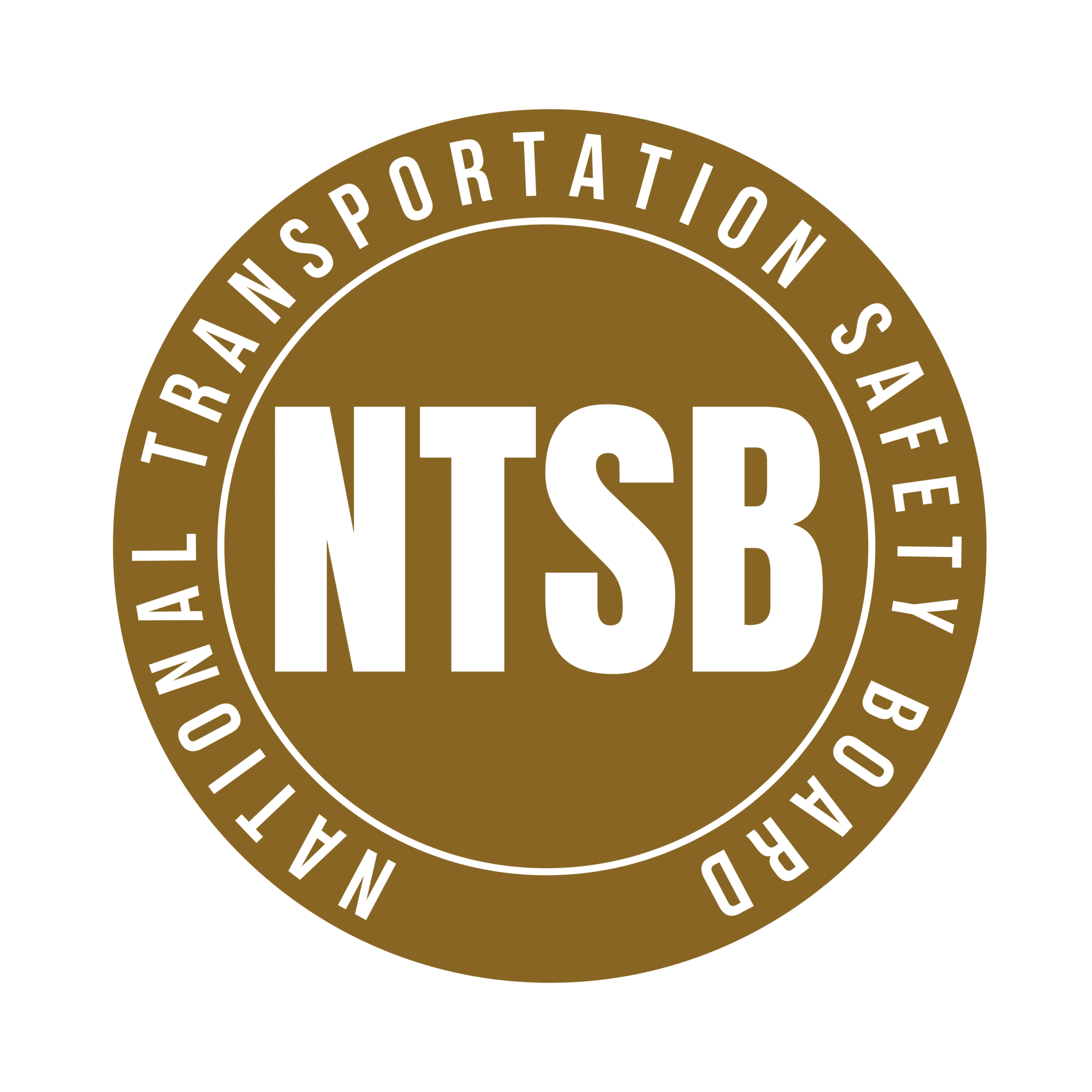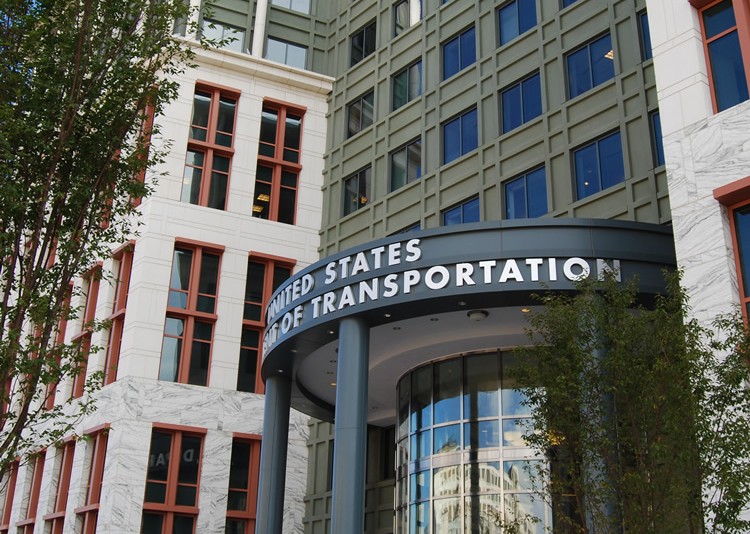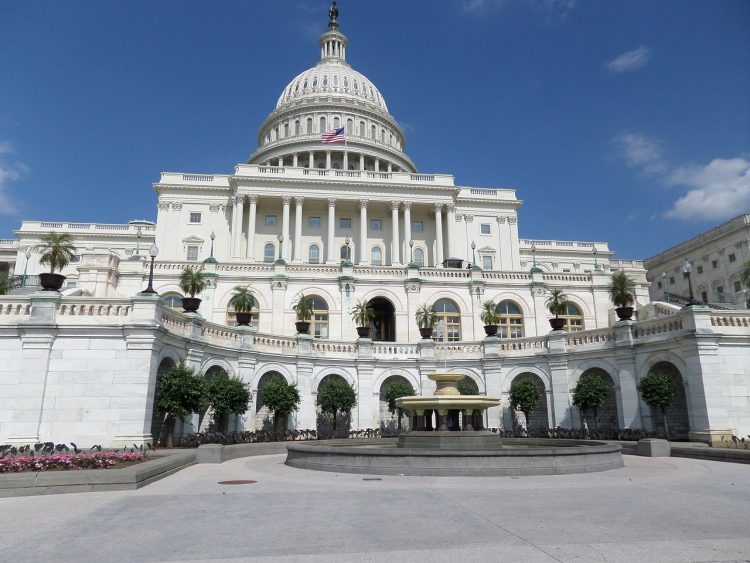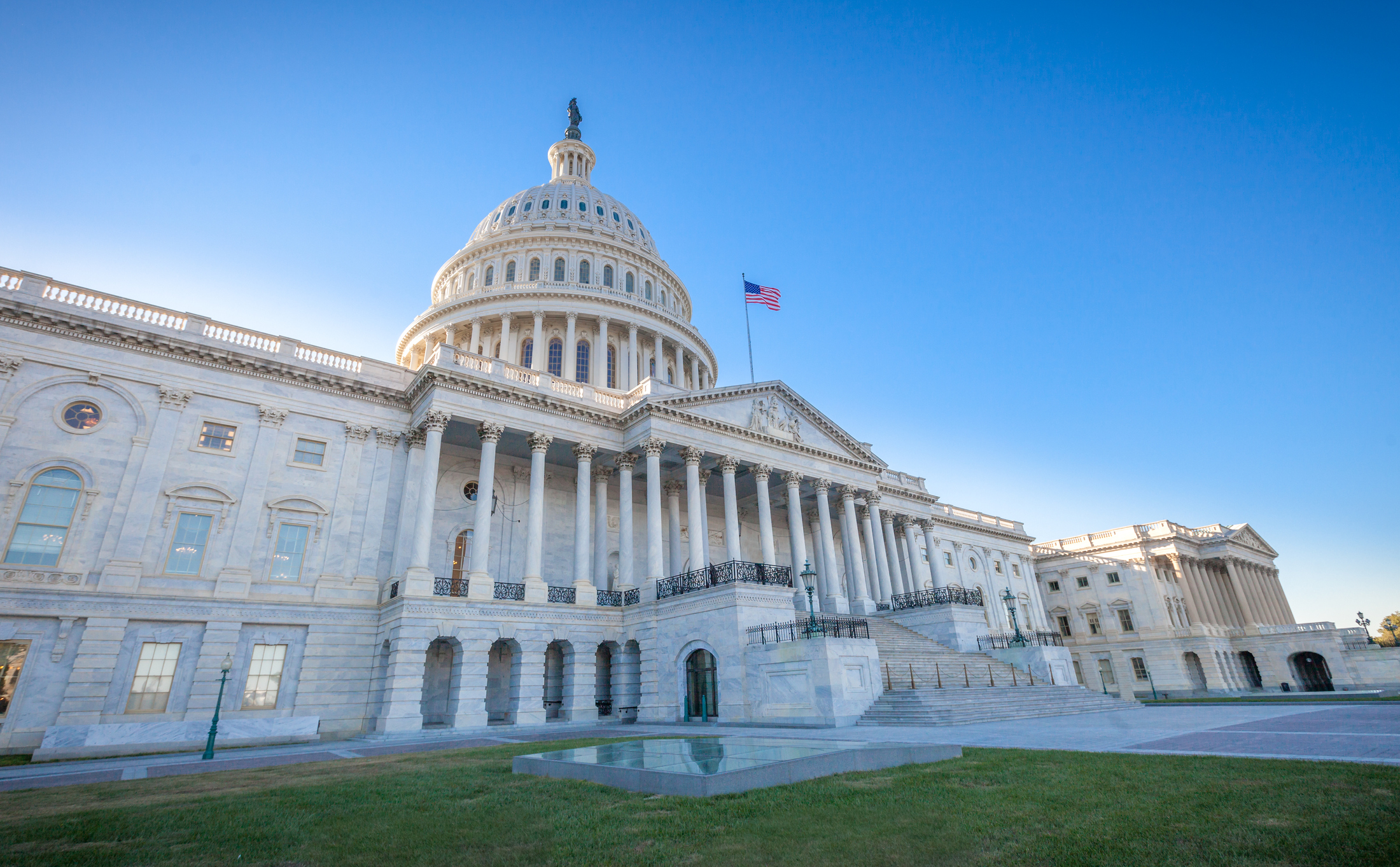
Eno is an independent, non-partisan think-tank that shapes public debate on critical multimodal transportation issues and builds an innovative network of transportation professionals.
1629 K Street NW, Suite 200
Washington, DC 20006
P: 202.879.4700












